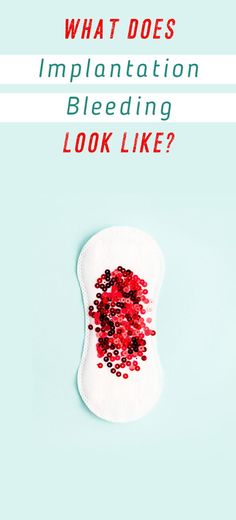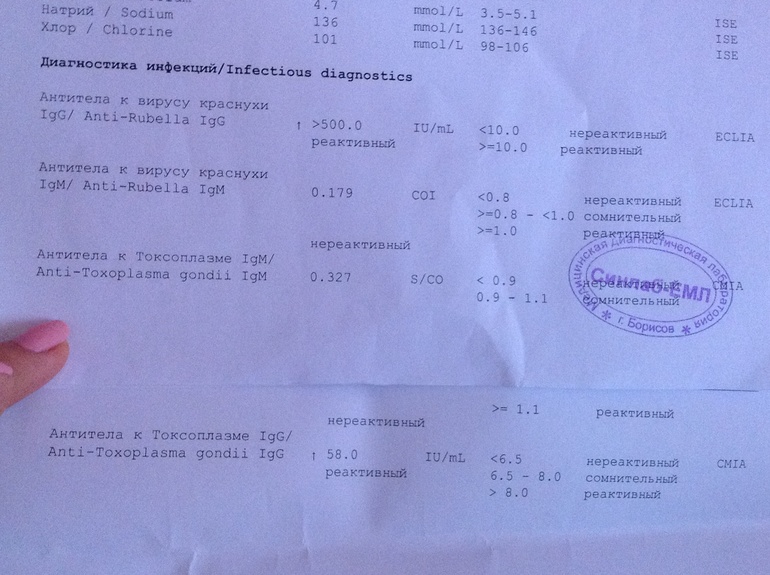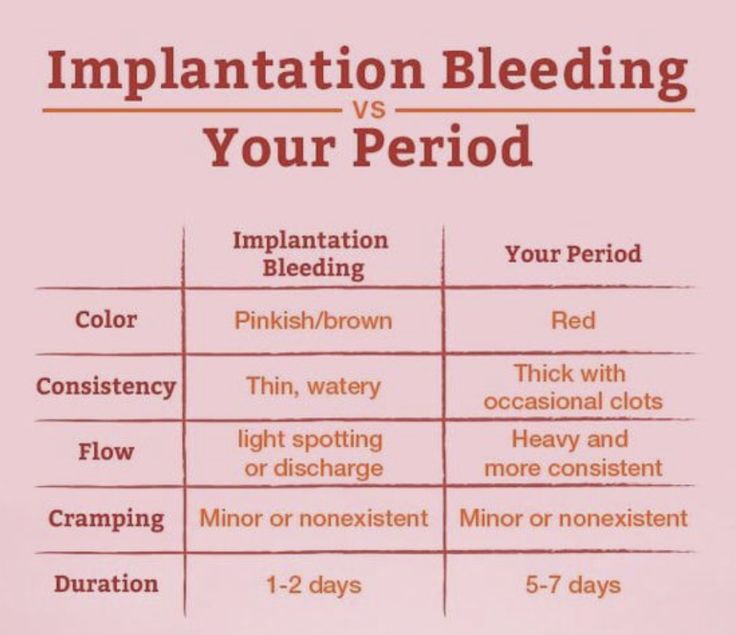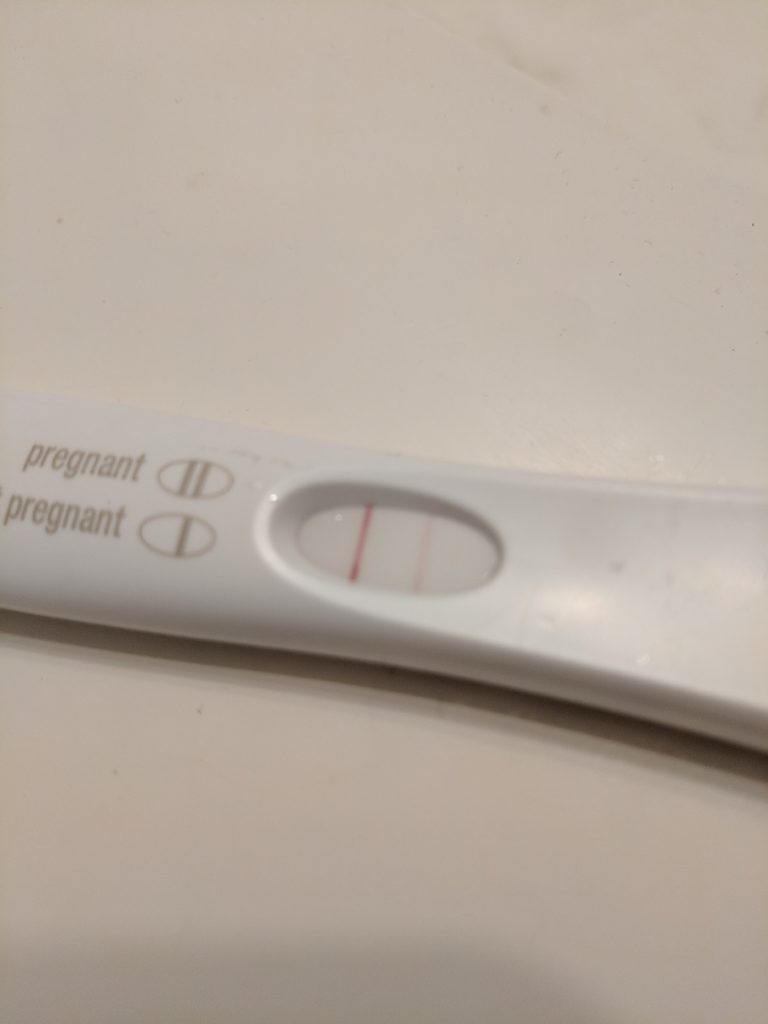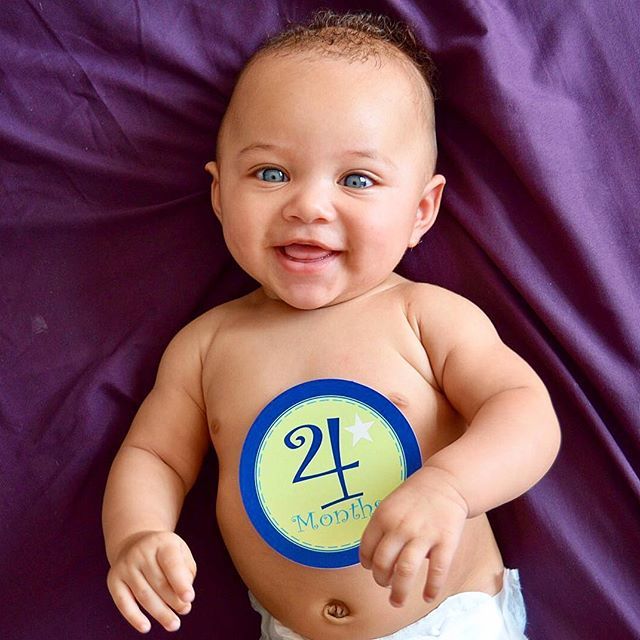Myths and truths about pregnancy
A. Michael Coppa, MD: OB/GYNs
Myths and Facts About Pregnancy Every Woman Should Know: A. Michael Coppa, MD: OB/GYNsPregnancy is an exciting time. It’s also one of dramatic changes, both physically and mentally. When you start reading a pregnancy guide, it’s easy to become overwhelmed by what you should and shouldn’t do to have a healthy pregnancy.
It seems like everyone has their own tips and tricks to help you care for yourself and your growing baby. Whether it’s your well-meaning family members or friends sharing advice, all too often you get incorrect information, and you’re left to sort fact from fiction.
A. Michael Coppa, MD, and our team offer comprehensive obstetrics services for pregnant women, including those who are considered high-risk. Today, we’re debunking a few of the most common misconceptions around pregnancy.
Myth: Morning sickness wears off by lunchtime
Morning sickness gets its name because symptoms like fatigue, nausea, and vomiting may be more likely to occur early in the day. You might think that because this early pregnancy condition is called morning sickness, you won’t experience the unpleasant symptoms after midday.
Fact: It’s common to feel nauseous throughout the day
During at least the first few weeks of pregnancy, morning sickness can strike at any time of the day, and many of our patients report that morning sickness lasts all day long.
It’s not exactly clear what causes morning sickness, but it’s most likely related to fluctuating hormone levels. Morning sickness often develops around week six, and typically goes away around weeks 12-14, when you enter the second trimester of pregnancy.
Myth: It’s not safe to exercise while you’re pregnant
Are you concerned that exercising will harm your unborn baby? This common myth says that once you get pregnant, you need to avoid activities like jogging, stretching, and more. But the myth that you can hurt your baby while you exercise is mostly unfounded.
Fact: Doctor-approved exercise is helpful during pregnancy
While it’s true that you need to avoid high-contact sports and strenuous exercise during pregnancy, low to moderate activity has an abundance of health benefits.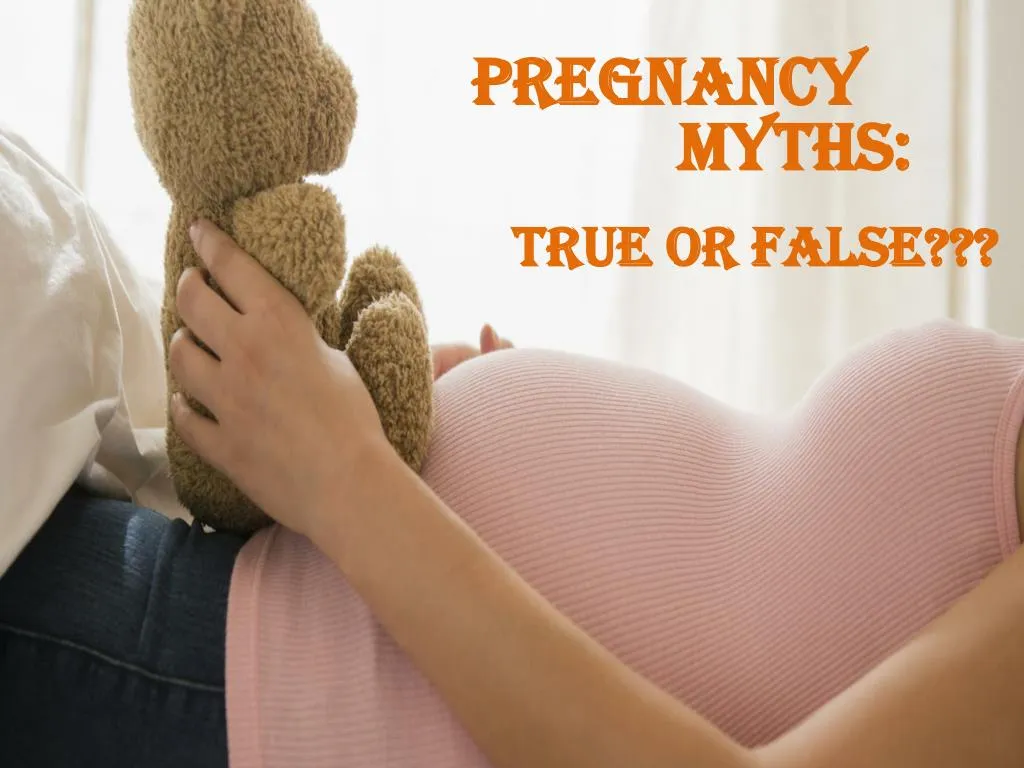 From helping you manage pregnancy weight gain to contributing to a healthier labor and delivery, staying active is good for you and your baby.
From helping you manage pregnancy weight gain to contributing to a healthier labor and delivery, staying active is good for you and your baby.
Women who lived active lifestyles before becoming pregnant can generally continue their normal exercise routines, with modifications for a growing belly. If you weren’t active before, walking is a great option to get moving. Depending on your activity level and your health, Dr. Coppa can recommend ways to make your exercise routine safe.
Myth: You have to give up caffeine for nine months
Friends and family are often quick to point out all the foods and drinks that you need to avoid once you announce that you’re pregnant. Pregnant women should avoid raw fish and meat, alcohol, and tobacco products, because all of these can pose dangerous complications for pregnant mothers and unborn children.
But many people assume that caffeine is dangerous, too. While you do have to give up that glass of wine with dinner, do you really have to give up your morning cup of coffee?
Fact: Pregnant women can enjoy caffeine in moderation
Most studies report that low amounts of caffeine don’t have a negative effect on growing fetuses. If you drink coffee or soda in moderation, it’s usually OK to continue enjoying those beverages while you’re pregnant.
If you drink coffee or soda in moderation, it’s usually OK to continue enjoying those beverages while you’re pregnant.
Just keep caffeine consumption to 12 ounces or under per day, which is about 1.5 cups of coffee. Every pregnancy is different, so talk to Dr. Coppa about the risks associated with consuming caffeine during pregnancy.
Dr. Coppa and our team are here to help you have your healthiest possible pregnancy. Call us for an appointment at one of our three locations. Our offices are in Cranston, Smithfield, and Providence, Rhode Island.
You Might Also Enjoy...
Carrying Multiples? Follow These Essential Tips
Pregnancy is an exciting time, but finding out you’re expecting more than one baby can quickly feel overwhelming. If you’re carrying multiples, here’s what to do to take care of yourself and prepare for your babies’ arrival.
3 Things You Should Know If You're Pregnant and Diabetic
Diabetes can have a serious impact on your health, especially if you’re pregnant.
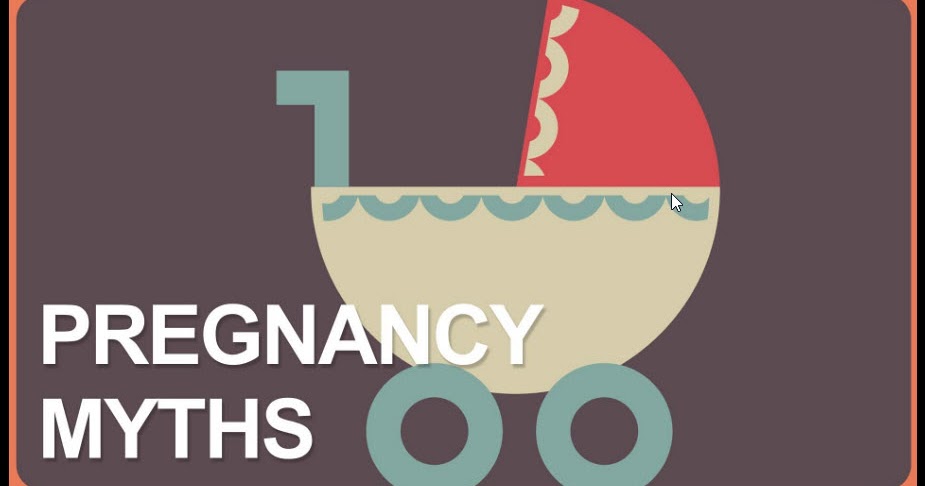 Find out how high blood sugar during pregnancy affects you and your baby, and learn how proactive prenatal care can help you both stay healthier.
Find out how high blood sugar during pregnancy affects you and your baby, and learn how proactive prenatal care can help you both stay healthier. What No One Told You About the Placenta
The placenta is an organ that grows during pregnancy. It connects you and your baby, but did you know it acts as your baby’s lungs, kidneys, immune system, and more? Here’s why it’s so important and what you need to know about it.
It's Not All Bad: 5 Positive Parts of Menopause
Are you dreading menopause? You’re not alone. It’s a transition that brings a lot of changes for women, but it’s not all bad. Learn more about some of the positive things you can expect in menopause and life beyond it.
5 Lesser Known Causes of Infertility
Polycystic ovary syndrome is the most common cause of female infertility.
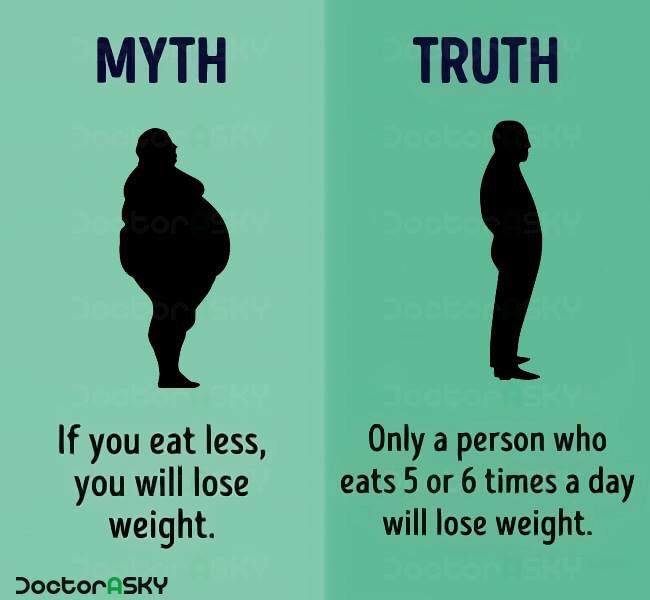 But if that’s not your diagnosis, you might feel like there’s nowhere to turn. Learn about some of the lesser-known causes of infertility here.
But if that’s not your diagnosis, you might feel like there’s nowhere to turn. Learn about some of the lesser-known causes of infertility here. When To Consider Robotic Surgery for Ovarian Cysts
Almost every woman has ovarian cysts during her reproductive years, and sometimes, they can be very painful. If you suffer recurring or painful cysts, treatment can help. Learn when it might be time to consider surgery for ovarian cysts.
Common myths about pregnancy | Pregnancy Birth and Baby
If you are pregnant, you might be getting a lot of advice from well-meaning people. You might be asking whether what they say is true. This article looks at some of the common myths you might hear and provides some answers.
Myth: Eating peanuts and dairy can make your baby allergic to them
Truth: It's perfectly safe to eat these foods unless you yourself are allergic to them, or if your doctor advises you not to. There is no evidence that cutting out some foods will prevent your baby from being allergic to them, but limiting your diet can be harmful to your baby as you might not get all the nutrition you need.
There is no evidence that cutting out some foods will prevent your baby from being allergic to them, but limiting your diet can be harmful to your baby as you might not get all the nutrition you need.
There are some foods that it's best to avoid during pregnancy due to the risks in certain harmful microbes. They include some soft cheeses, patés, raw meat or fish, raw or partly cooked eggs, and soft-serve ice cream.
Read more on foods to avoid when pregnant.
Myth: There are ways you can tell if it's a boy or a girl
Truth: The position of the baby in your tummy, holding a wedding ring over your abdomen and watching in which direction it turns, or how active the baby is, are all ways you may have heard to tell if you are having a boy or a girl, but none of these methods works. The Non-invasive prenatal test (NIPT) is a blood test available after 10 weeks that can reveal the sex of the baby. In many cases, an ultrasound scan can also let you know the sex of your baby. It isn’t 100% reliable, but you can ask the ultrasound technician to tell you what they can see. You can also ask them not to tell you if you want to wait until the birth to find out.
It isn’t 100% reliable, but you can ask the ultrasound technician to tell you what they can see. You can also ask them not to tell you if you want to wait until the birth to find out.
Read more on antenatal tests during pregnancy.
Myth: I should be 'eating for 2' while I'm pregnant
Truth: There is no evidence to show that you need to eat for 2 when you’re pregnant. How much extra you need to eat depends on your weight and height, how active you are and how far into your pregnancy you are. But, in general, most women should only eat about 350 to 450 additional calories per day while they are pregnant. That’s a couple of extra healthy snacks like fruit, a hard-boiled egg or a berry smoothie.
Overeating is bad for both you and your baby. Eating a healthy, balanced diet is what’s important.
Myth: I shouldn't have hot baths, dye my hair or exercise while pregnant
Truth: It’s perfectly safe to have a warm bath when pregnant, but avoid becoming too hot. During pregnancy, hormonal changes might make you feel warmer than normal. You should avoid spa baths as they can raise your core body temperature, which could lead to overheating, dehydration or fainting.
During pregnancy, hormonal changes might make you feel warmer than normal. You should avoid spa baths as they can raise your core body temperature, which could lead to overheating, dehydration or fainting.
The low level of chemicals found in hair dye is generally thought to be safe. However, many women still prefer to avoid dyeing their hair in the first 12 weeks of pregnancy. If you dye your hair, you can leave it on for as short a time as possible, or use semi-permanent vegetable dye. If you are a hairdresser, make sure you wear gloves when using hair dye and work in a well-ventilated space.
Most exercises that you did before pregnancy will be safe, but check with your doctor or midwife. If your pregnancy is uncomplicated, you should aim to exercise for an average 20 to 30 minutes, 4 to 5 times a week. Avoid exercises that put you at risk of a fall, such as horse riding, skiing or cycling. You might find you become breathless or feel hot more quickly during pregnancy. As a general rule, a light to moderate level should allow you to hold a conversation as you exercise when pregnant.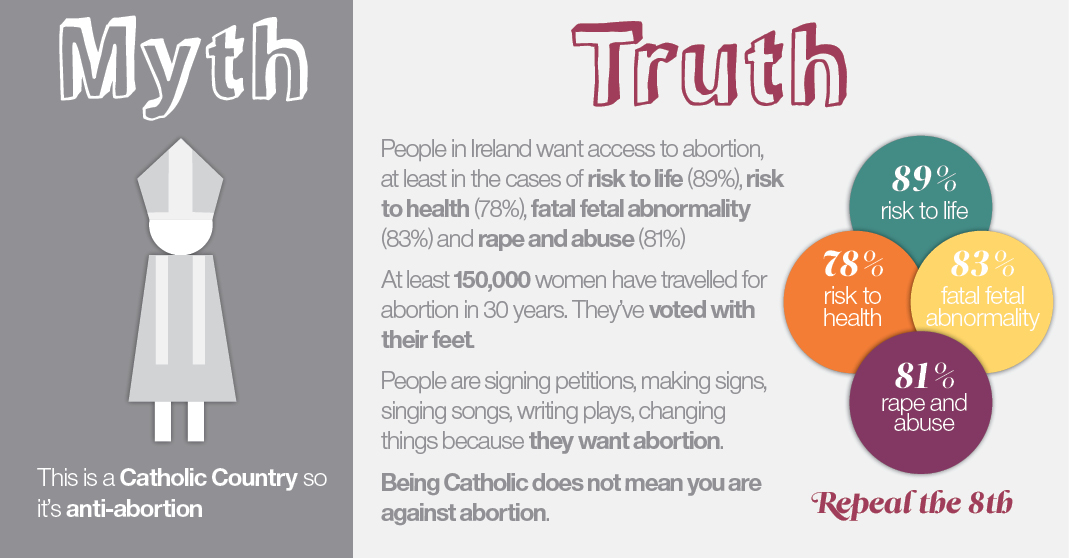 If you become breathless as you talk, you’re probably exercising too strenuously.
If you become breathless as you talk, you’re probably exercising too strenuously.
Read more about things you should avoid during pregnancy.
Myth: Morning sickness only happens in the morning
Truth: Nausea (and/or vomiting) during pregnancy can occur at any time of day, due to changes in your hormones. For most women, it's more common in the morning and begins to improve after 3 months. But for some women, it's different.
Learn more about how to deal with morning sickness.
Myth: I can't have a cat in the house when I'm pregnant
Truth: There is no need to give away your pets when you become pregnant. However, there is a disease called toxoplasmosis that can be harmful to your unborn baby, and you can become infected by handling cat’s faeces. Ask someone else to change your cat’s litter, or wear gloves to do this — as well as when gardening — while you are pregnant.
Find out more about toxoplasmosis.
Myth: Cream can help avoid stretch marks
Truth: There is no evidence that creams or oils can remove or prevent stretch marks, which often fade in time.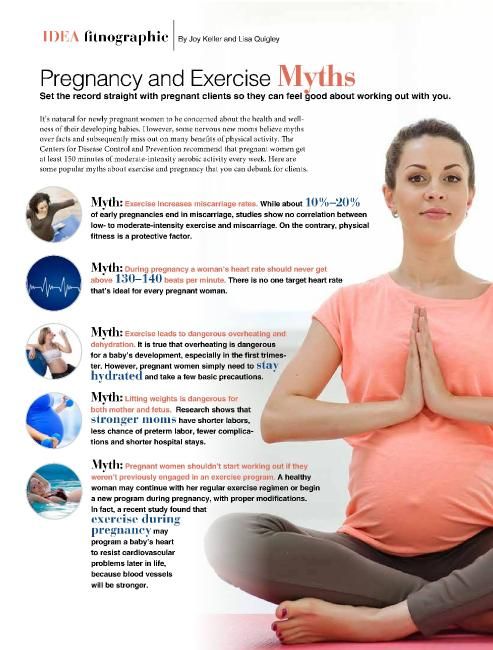
Read more about stretch marks.
Myth: My heartburn means my baby has lots of hair
Truth: One small research study showed there might be a connection between having heartburn in pregnancy and the thickness of your baby's hair. However, heartburn is quite common in pregnancy.
Myth: It's unsafe to hang washing on the line
Truth: Reaching up above your head and hanging washing on the line is safe. It is unlikely that it will affect your baby's umbilical cord in any way. Your midwife or doctor will advise you if there are any activities that are unsafe for you in pregnancy.
Myth: I need to prepare my nipples for breastfeeding
Truth: There is no evidence that you need to prepare or toughen your nipples before birth.
Learn more about breastfeeding before your baby is born.
Learn more here about the development and quality assurance of healthdirect content.
Myths and truth about pregnancy and childbirth / Expert articles / Family clinic "Tanar"
Our women have forgotten how to give birth, says the obstetrician-gynecologist of the women's clinic of the city polyclinic No.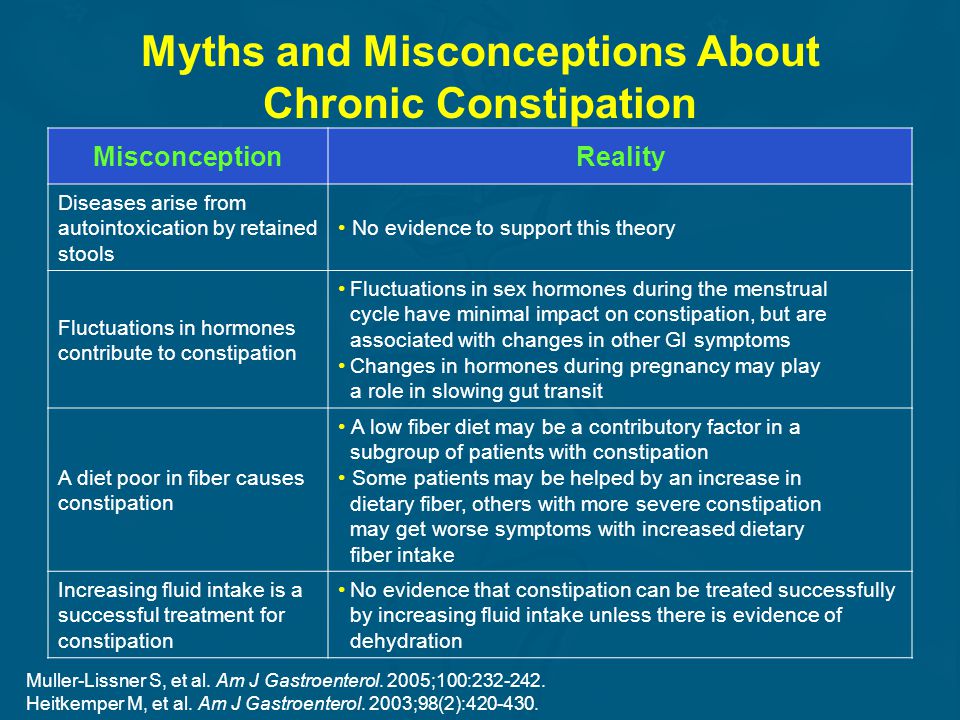 6 and the center of restorative medicine Lyudmila Gadzhimakhmudova. And all because many do not prepare either for planning a pregnancy, or for proper gestation and childbirth. There are several common myths about pregnancy that Lyudmila Borisovna dispelled for the readers of Vecherka.
6 and the center of restorative medicine Lyudmila Gadzhimakhmudova. And all because many do not prepare either for planning a pregnancy, or for proper gestation and childbirth. There are several common myths about pregnancy that Lyudmila Borisovna dispelled for the readers of Vecherka.
Myth #1: You should go to the antenatal clinic when you become pregnant.
The expectant mother, and preferably a married couple, should come to the antenatal clinic when she planned the pregnancy. The doctor will send the couple for examination, consult, help them understand how to change their lifestyle so that the pregnancy starts and is successful. In addition, the most dangerous period for the fetus is from the moment of conception to the eighth week of pregnancy. Many women at this time do not yet suspect that they are pregnant. Namely, during this period, the internal organs of the child are formed. I am glad that about the preparation for pregnancy, the shuttles began to apply more often. The Ministry of Health of the Russian Federation has developed a program for preparing for conception, which includes studies to exclude diseases that can be harmful to the course of pregnancy. Many couples do not know why they need a child. I often hear the answer: for procreation. But in order for the seed to give good, healthy shoots, the soil is prepared in advance. Therefore, issues of study, career, apartment renovation are best addressed before conception.
The Ministry of Health of the Russian Federation has developed a program for preparing for conception, which includes studies to exclude diseases that can be harmful to the course of pregnancy. Many couples do not know why they need a child. I often hear the answer: for procreation. But in order for the seed to give good, healthy shoots, the soil is prepared in advance. Therefore, issues of study, career, apartment renovation are best addressed before conception.
Myth #2: If something hurts, then everything will go away after childbirth.
This is not true. Pregnancy exacerbates many chronic diseases, especially pyelonephritis. Chronic tonsillitis, colpitis can lead to intrauterine infection of the child and miscarriage. Mothers raising girls should remember this. Before conception, the couple must undergo at least a minimal examination. Ideally, go through color diagnostics, magnetic resonance imaging.
Myth #3: You need to eat for two.
No. Nutrition during pregnancy should be balanced in terms of protein, fat and carbohydrates. It is necessary to observe a diet, exclude high-calorie foods (for example, carbonated drinks, cakes, cookies), and enrich with unrefined foods (fruits, vegetables, herbs, rye bread, honey, nuts). Lack of nutrition, especially protein, is also harmful. Eat quality food 5-6 times a day in small portions, chewing slowly, while thinking about how happy your child is. Your weight must be strictly controlled! The optimal weight of the fetus is 3-3.5 kg. Extra pounds is a large fetus and late toxicosis, which means the threat of ruptures or caesarean section. And gaps sometimes lead to the fact that a woman subsequently cannot experience an orgasm. Today we are approached by elderly women whose genitals are prolapsed. This is what the unpreparedness of the body for gestation at one time can lead to.
Nutrition during pregnancy should be balanced in terms of protein, fat and carbohydrates. It is necessary to observe a diet, exclude high-calorie foods (for example, carbonated drinks, cakes, cookies), and enrich with unrefined foods (fruits, vegetables, herbs, rye bread, honey, nuts). Lack of nutrition, especially protein, is also harmful. Eat quality food 5-6 times a day in small portions, chewing slowly, while thinking about how happy your child is. Your weight must be strictly controlled! The optimal weight of the fetus is 3-3.5 kg. Extra pounds is a large fetus and late toxicosis, which means the threat of ruptures or caesarean section. And gaps sometimes lead to the fact that a woman subsequently cannot experience an orgasm. Today we are approached by elderly women whose genitals are prolapsed. This is what the unpreparedness of the body for gestation at one time can lead to.
Myth #4: A caesarean section relieves pain and prevents injuries to the baby that can occur during natural childbirth.
Some women rely on a caesarean section because they are often not ready for childbirth either physically or psychologically, they are too lazy to do elementary physical exercises to improve the elasticity of their muscles. Therefore, there are complications during childbirth, requiring surgical intervention to save lives. Childbirth is the adaptation of the child to the external environment. Therefore, they must occur naturally. A caesarean section does not always save the child from injury. Women in labor often blame midwives for childhood traumas, but you should blame yourself first of all if mom was too lazy to prepare the body for childbirth. It is not difficult to prepare the birth canal for the easy passage of the child - there is a set of exercises for each period of pregnancy. For example, you can sit astride a chair.
Myth #5: There is always a lot of pain during childbirth.
The biggest fears or the biggest dreams come true. Pain comes from fear, and fear is ignorance. The polyclinics provide a free series of lectures covering the course of pregnancy and childbirth, but some women refuse to attend them. Literature on pregnancy is also available. All you need is a desire, and you will learn about effective drug-free methods of labor pain relief. This is auto-training, the ability to relax, breathe properly, reflexology. I advise expectant mothers to listen to classical music, go to the organ hall, look at everything beautiful and avoid negative information. Before conception, you can listen and dance to electronic music, rock, to shed negative energy.
The polyclinics provide a free series of lectures covering the course of pregnancy and childbirth, but some women refuse to attend them. Literature on pregnancy is also available. All you need is a desire, and you will learn about effective drug-free methods of labor pain relief. This is auto-training, the ability to relax, breathe properly, reflexology. I advise expectant mothers to listen to classical music, go to the organ hall, look at everything beautiful and avoid negative information. Before conception, you can listen and dance to electronic music, rock, to shed negative energy.
Pregnancy proceeds better in those who are engaged in the system of prenatal pedagogy "Sonatal". These patients know how to give birth correctly without consequences for their health and the child. In my work, I am helped by the book of the director of the Maternity and Childhood program, Marina Svechnikova, Childbirth without Trauma. I will quote from it: “Childbirth is an event that determines our relationship with the world. This is not a punishment, but an instruction about work. A change in attitude towards childbirth will lead to a change in attitude towards oneself, people and life. How much kinder in this case our world would become!
Svetlana TOLKACHEVA
Published: "Vecherniye Chelny", September, 2005
Pregnancy myths - when should I have my first child?
There are many myths and prejudices around pregnancy. Does toxicosis really only happen at the beginning of pregnancy, how does contact with pets affect the fetus, and when is the best time to conceive a baby?
All these questions are answered by the leading obstetrician-gynecologist of the Medical Center Medicover, Waldemar Nadizko
- The first child must be born before the age of 30
- Hello. Regarding the first myth, this is complete nonsense. As long as a woman has menstrual function, by then the woman can give birth. However, there are certain reservations for childbirth at a more mature age.
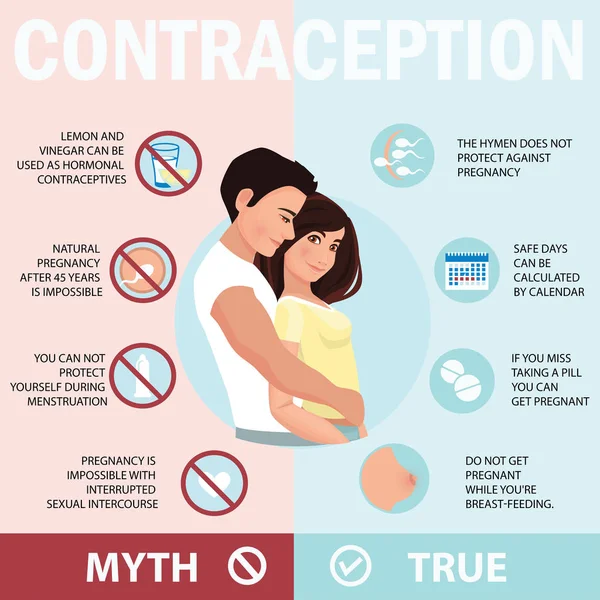 After the age of 35, the risk of chromosomal pathologies in children increases. Therefore, if the age of a woman who plans to give birth is more than 35 years old, and the age of a man is more than 40 years old. Then the couple is recommended to undergo medical genetic counseling. A consultation with a geneticist will allow you to discuss the potential risks that may be. Therefore, you can safely give birth even after 40 years, and if desired, even after 50 years.
After the age of 35, the risk of chromosomal pathologies in children increases. Therefore, if the age of a woman who plans to give birth is more than 35 years old, and the age of a man is more than 40 years old. Then the couple is recommended to undergo medical genetic counseling. A consultation with a geneticist will allow you to discuss the potential risks that may be. Therefore, you can safely give birth even after 40 years, and if desired, even after 50 years.
- Frequent ultrasounds and examinations are harmful to the child Ultrasound is based on the vibration of sound waves, it is not ionizing radiation, so they cannot harm the baby or mother. Moreover, it is worth remembering that ultrasound has been used in practical obstetrics for several decades. And accordingly, if there were an observational harmful influence, then it would have been scientifically indicated about this. To date, studies have not shown any harmful effects on pregnancy. - Toxicosis occurs only at the beginning of pregnancy - Pregnant women should not lie on their stomachs - Is it worth it for the expectant mother to "eat for two" and is all the gained weight lost immediately in the maternity hospital - Pregnant women should not come into contact with animals . You should not kiss a cat or a dog, you should not be allowed to eat from your dishes, lick your personal belongings. This increases the risk of infection with animal-borne pathogens. If you follow basic hygiene measures, then nothing threatens you. - The shape of the abdomen can determine the sex of the child - A little alcohol and smoking does not harm the fetus To make your pregnancy easy and give only positive moments, I advise you not to listen to prejudices and myths on the Internet, but to trust your obstetrician.
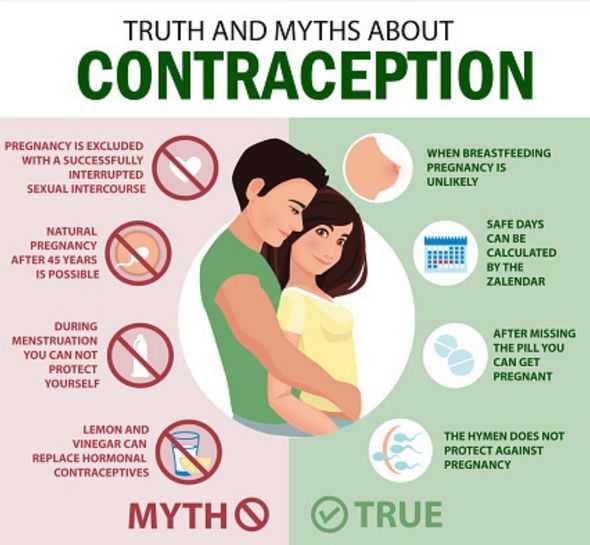 Often accompanied by nausea, vomiting in the early stages. At a later date - the second and third trimester, toxicosis should no longer manifest itself and, accordingly, if frequent nausea bothers you at a period of 20-22 weeks, then I would strongly recommend that you consult a gastroenterologist. Indeed, most often such symptoms appear against the background of diseases of the gastrointestinal tract. Therefore, we remember that toxicosis is present only in the early stages of pregnancy up to 12-14 weeks, in the future it simply should not be.
Often accompanied by nausea, vomiting in the early stages. At a later date - the second and third trimester, toxicosis should no longer manifest itself and, accordingly, if frequent nausea bothers you at a period of 20-22 weeks, then I would strongly recommend that you consult a gastroenterologist. Indeed, most often such symptoms appear against the background of diseases of the gastrointestinal tract. Therefore, we remember that toxicosis is present only in the early stages of pregnancy up to 12-14 weeks, in the future it simply should not be.
 Therefore, while you are comfortable - no problem, take a position that is convenient for you and enjoy. In no case can you harm the child. Again, lying on your stomach is possible in the early stages, given the size of the stomach, because later on you will just roll over.
Therefore, while you are comfortable - no problem, take a position that is convenient for you and enjoy. In no case can you harm the child. Again, lying on your stomach is possible in the early stages, given the size of the stomach, because later on you will just roll over.
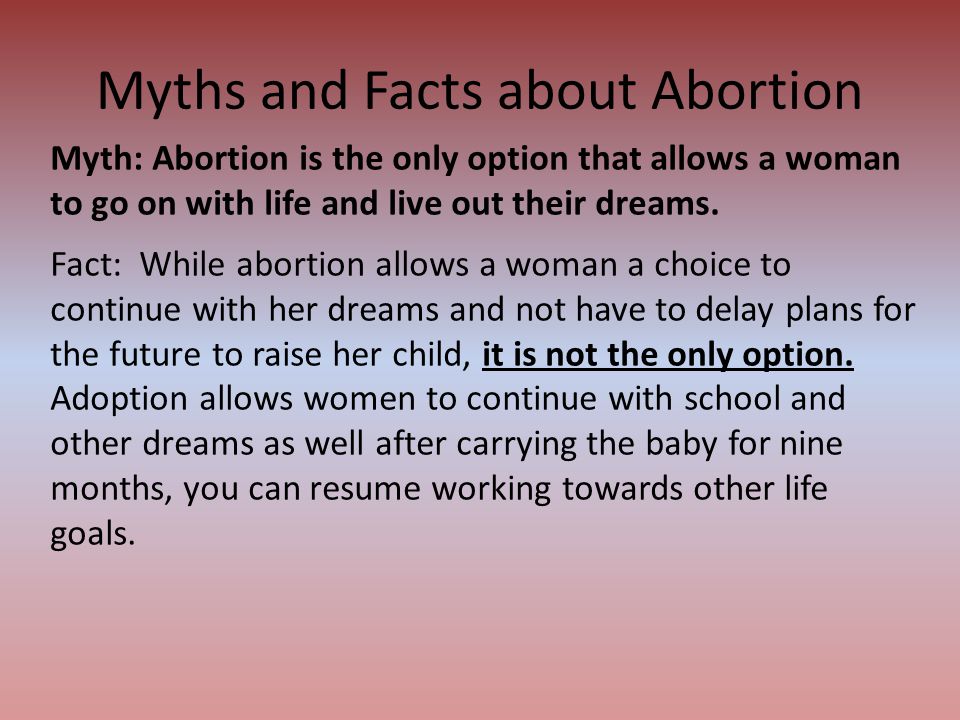 In the hospital, you lose weight due to the weight of the newborn baby, placenta and amniotic fluid. These are exactly the kilograms that you lose directly in the delivery room immediately after childbirth. However, you can return to your previous pregnancy weight within a few months, with proper nutrition, an active lifestyle - do light exercise, walk in the air and continue to eat well and balanced. Then the extra weight is lost and you get back in shape.
In the hospital, you lose weight due to the weight of the newborn baby, placenta and amniotic fluid. These are exactly the kilograms that you lose directly in the delivery room immediately after childbirth. However, you can return to your previous pregnancy weight within a few months, with proper nutrition, an active lifestyle - do light exercise, walk in the air and continue to eat well and balanced. Then the extra weight is lost and you get back in shape.
 The abdomen does not depend on gender factors or others. The shape of the abdomen is formed depending on your constitution, your physical form, but it has nothing to do with the gender of the child. The sex of the child can be finally determined in the delivery room, and if there is curiosity, then the gender can be well shown by ultrasound. Modern technologies quite clearly determine to future parents who they are waiting for. But one should by no means trust the shape of the abdomen or popular advice.
The abdomen does not depend on gender factors or others. The shape of the abdomen is formed depending on your constitution, your physical form, but it has nothing to do with the gender of the child. The sex of the child can be finally determined in the delivery room, and if there is curiosity, then the gender can be well shown by ultrasound. Modern technologies quite clearly determine to future parents who they are waiting for. But one should by no means trust the shape of the abdomen or popular advice.




